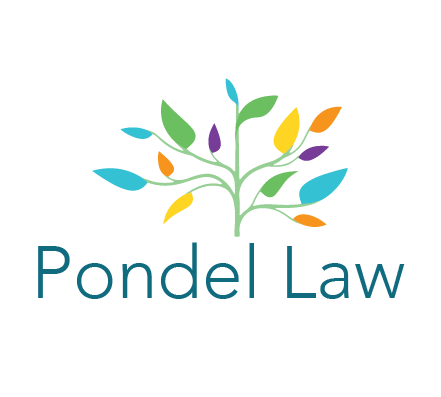Estate Planning Checklist
Care for your family by making a will, setting up a trust, creating a power of attorney, a health care directive, funeral arrangements and more.
- Make a will. In a will, you state who you want to inherit your property, and name a guardian to care for your young children should something happen to you.
- Consider a trust. If you hold your property in trust, your survivors won't have to go through probate court, a time-consuming and expensive process.
- Make an advance health care directive. Also called a "living will" this document lets your physician, family and friends know your health care preferences, including the types of special treatment you want or don't want at the end of your life, your desire for diagnostic testing, surgical procedures, cardiopulmonary resuscitation and organ donation. By considering your options early, you can ensure the quality of life that is important to you and avoid having your family guess your wishes or having to make critical medical care decisions for you under stress or turmoil.
- Make a financial power of attorney. With a durable power of attorney for finances, you can give a trusted person authority to handle your finances and property if you become incapacitated and unable to handle your own affairs. The person you name to handle your finances is called your agent or attorney-in-fact (but it doesn't have to be an attorney).
- Protect your children's property. You should name an adult to manage any money and property your childdren may inherit from you. This can be the same person as the personal guardian you name in your will.
- File beneficiary forms. Naming a beneficiary for bank accounts and retirement plans makes the account automatically "payable on death" to your beneficiary and allows the funds to skip the probate process.
- Consider life insurance. If you have young children or own a house, or you may owe significant debts or estate taxes when you die, life insurance is a good idea.
The Family Formation Law Center assists families of every age and size in creating an estate plan that protects their property and cares for their loved ones. Please call 310.598.6428 for a consultation or email Info@FamilyFormationLawCenter.com
